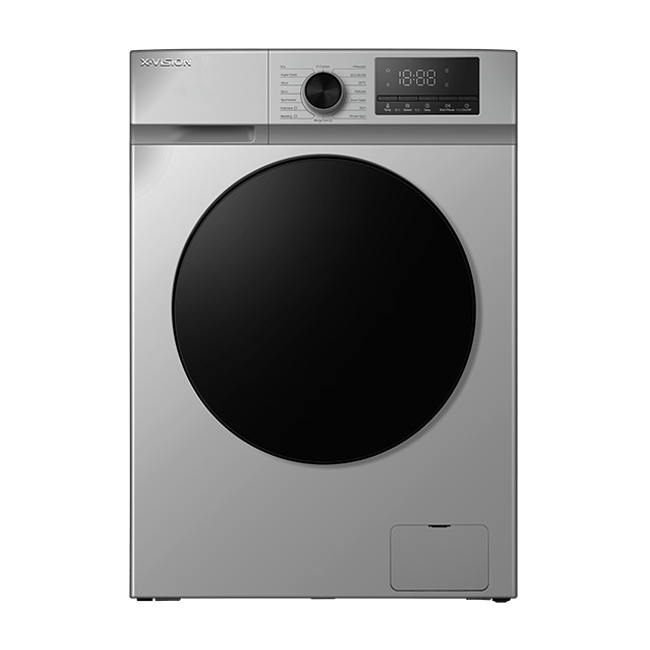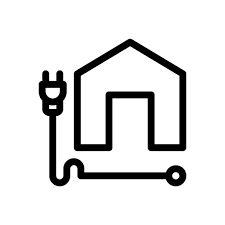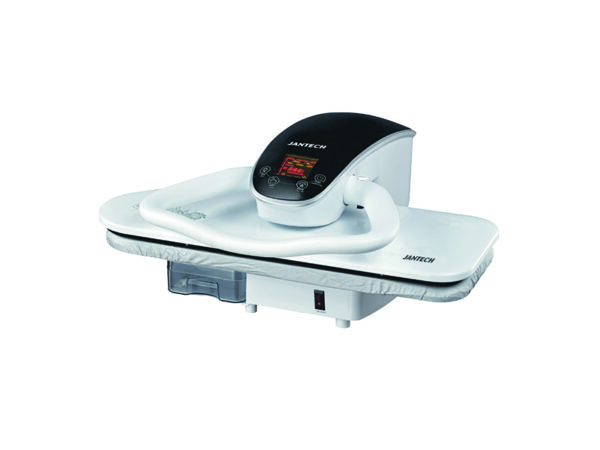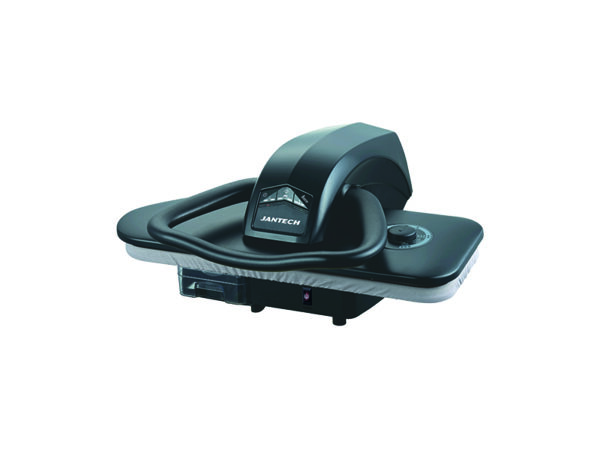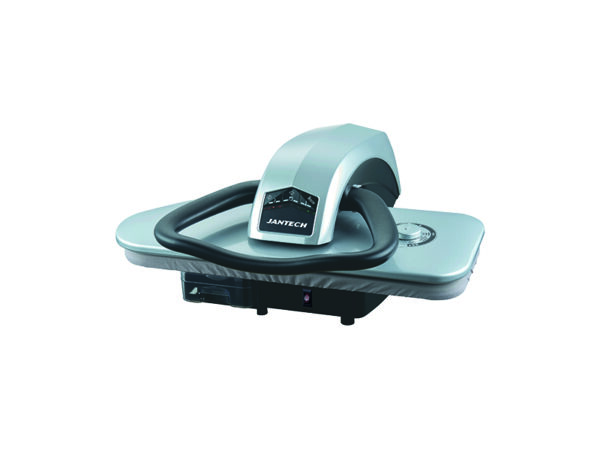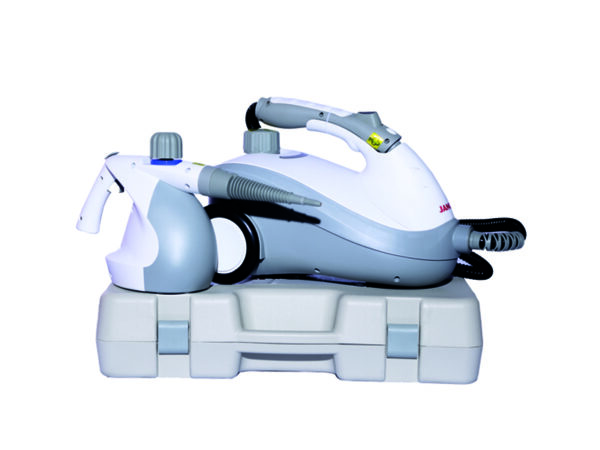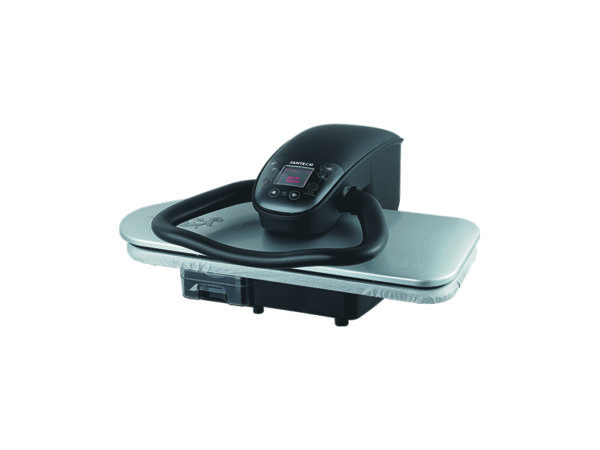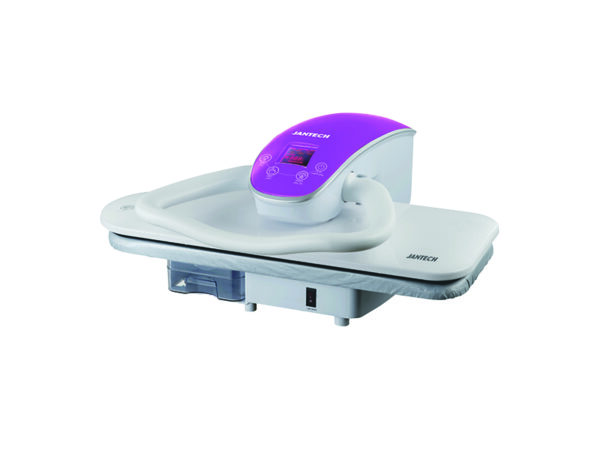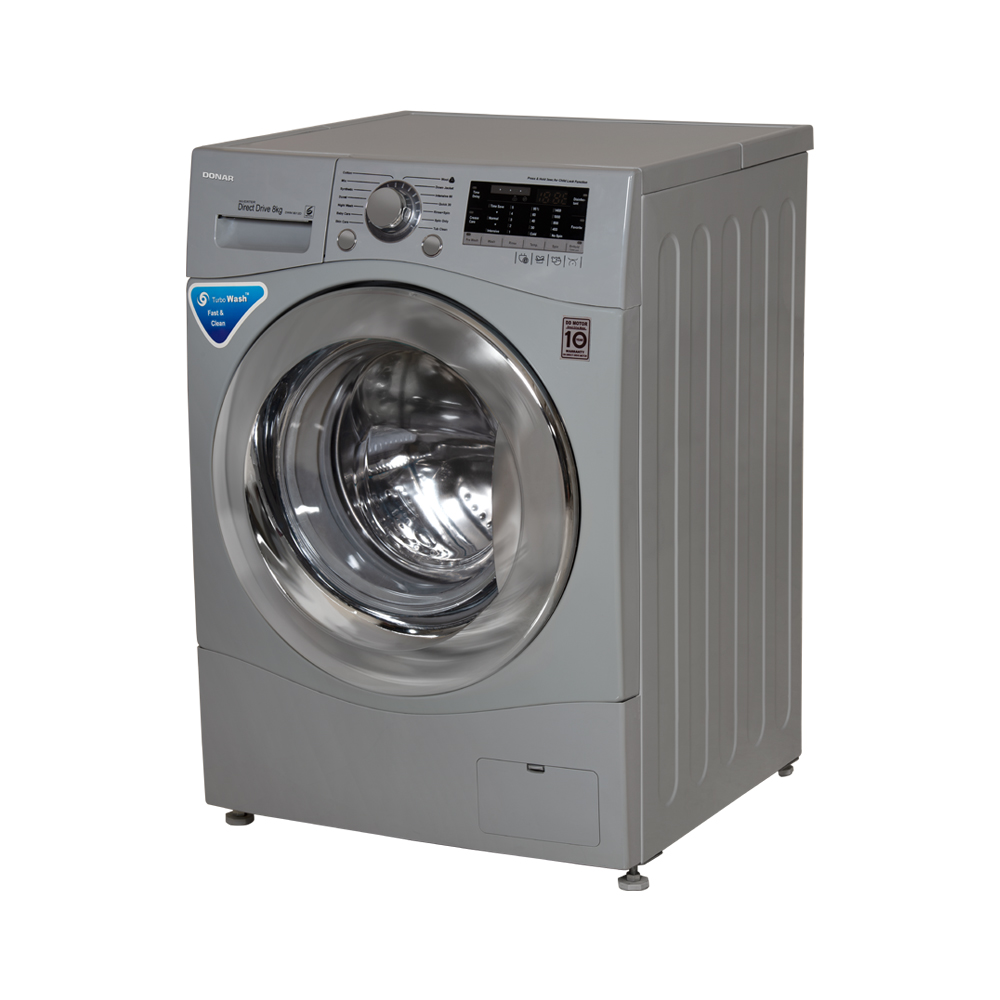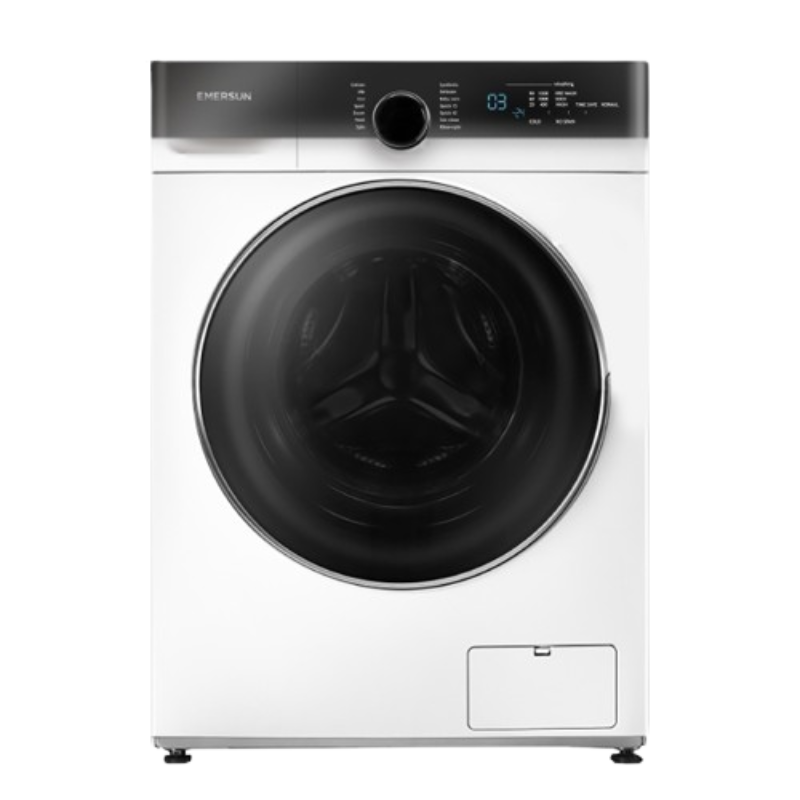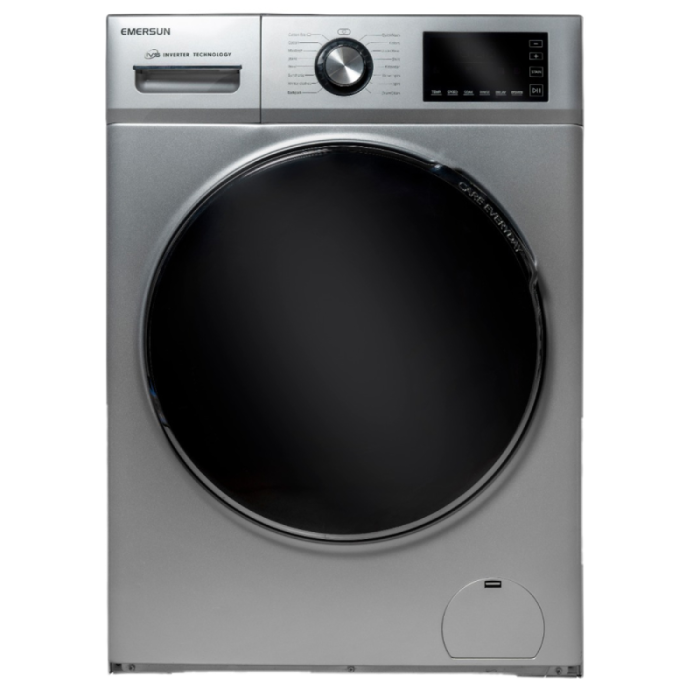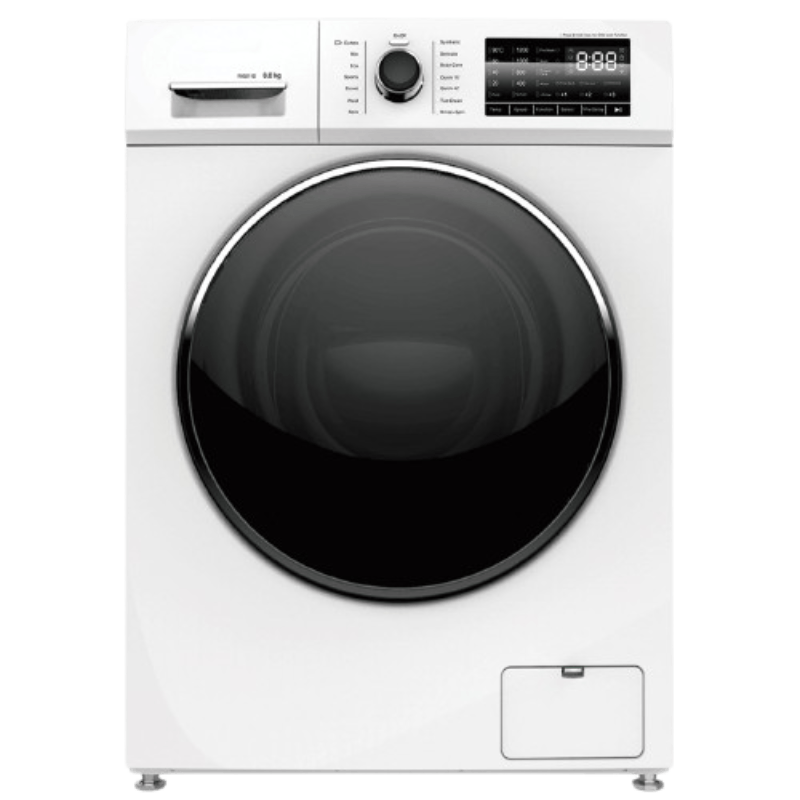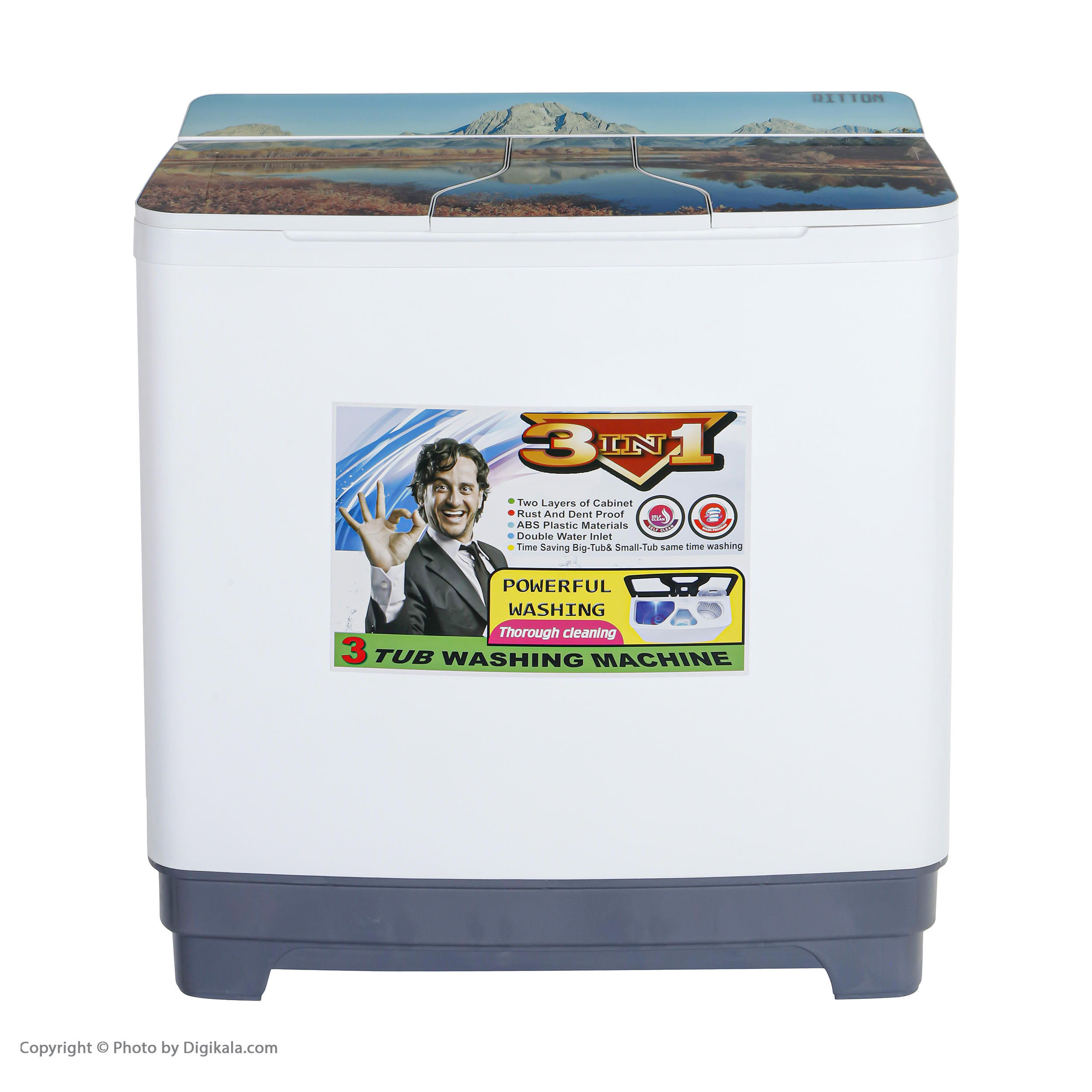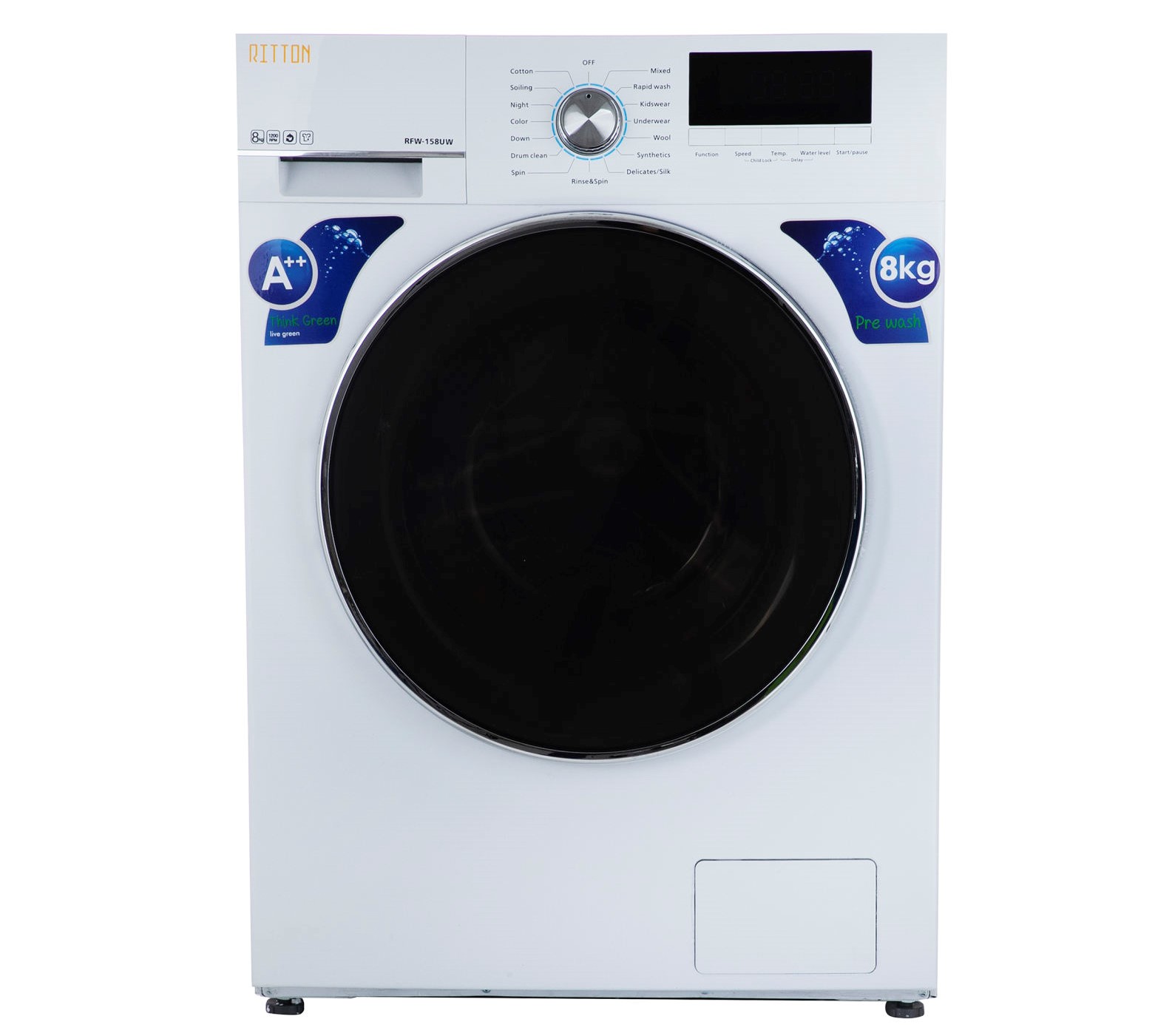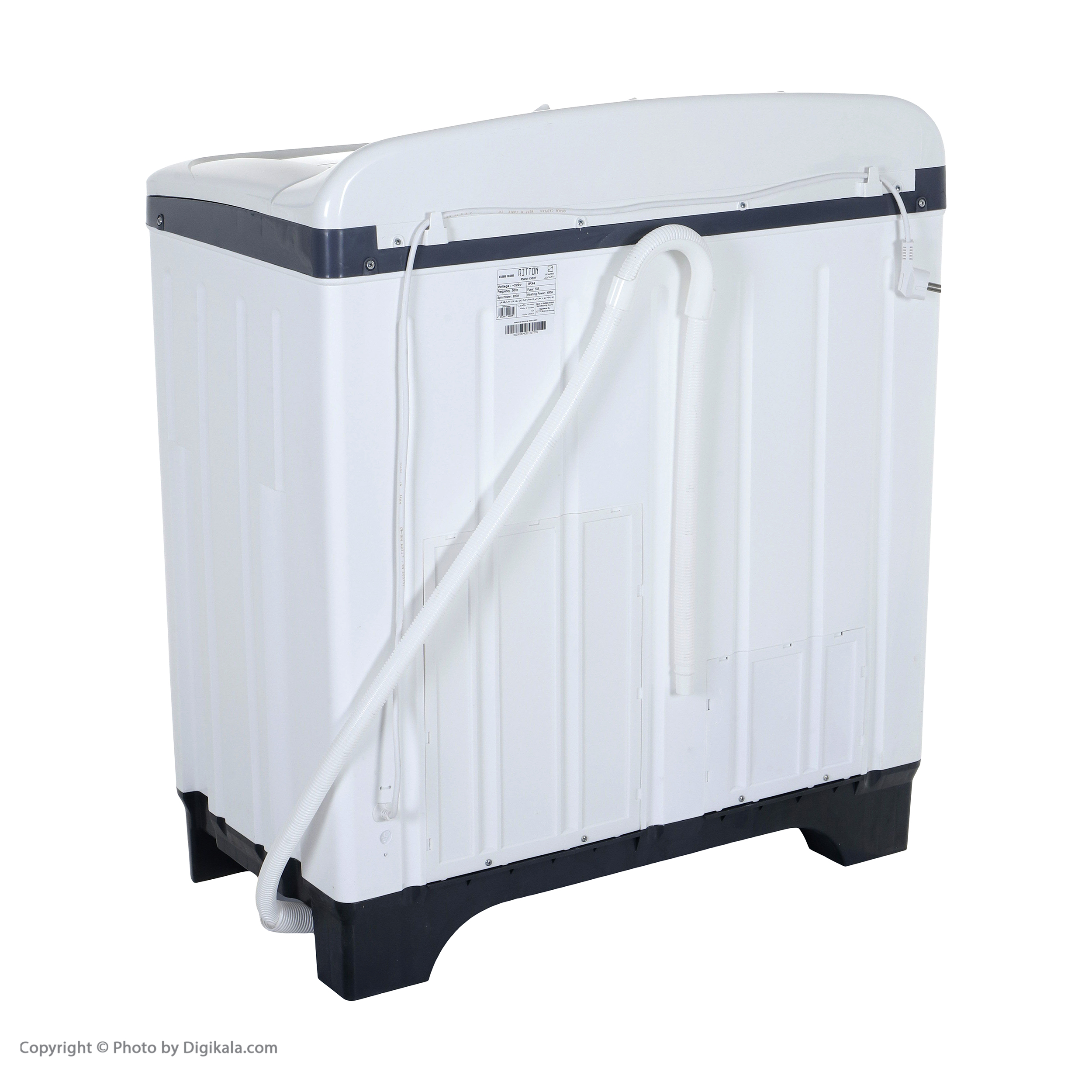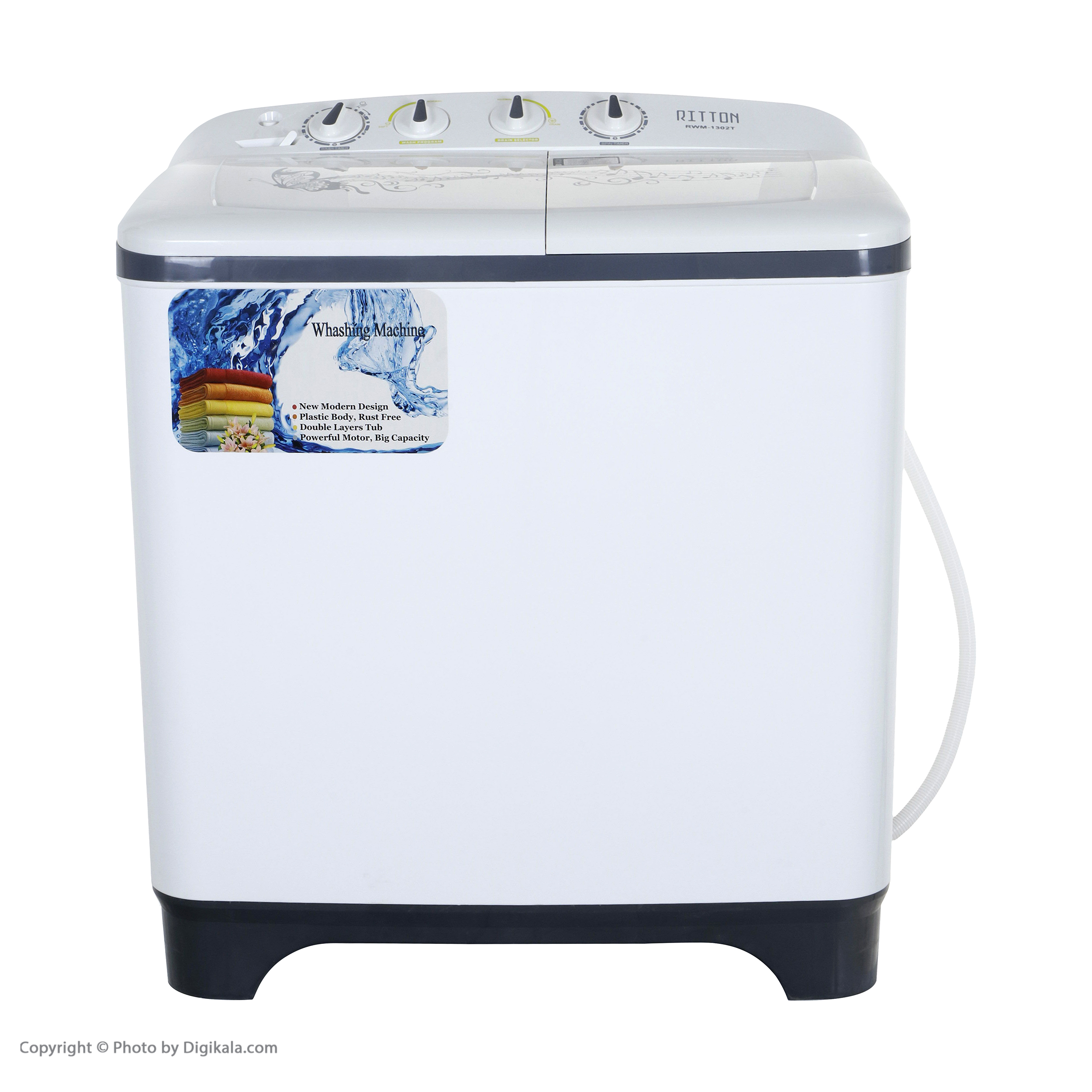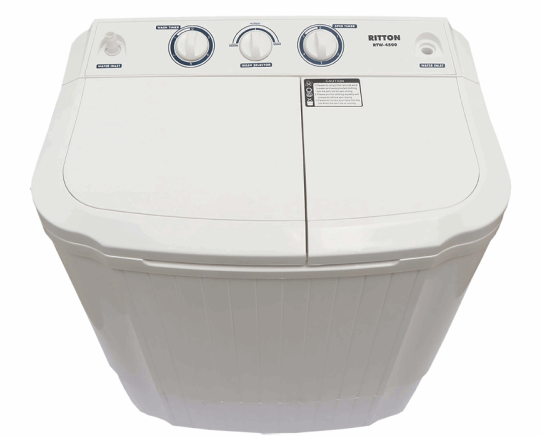Laundry Appliances
Washing machines have revolutionized the way we handle laundry, providing convenience and efficiency in household chores. These appliances come in various types, including top-loading and front-loading models, catering to diverse preferences and space constraints.
Front-loading washing machines are known for their energy efficiency and water conservation. They use a horizontal drum that rotates on a horizontal axis, allowing clothes to be lifted and dropped into the water repeatedly. This design not only requires less water but also extracts more moisture during the spin cycle, reducing drying time. On the other hand, top-loading machines, with their vertical drum, tend to be more traditional but may offer quicker access to laundry.
Technological advancements have led to the integration of smart features in modern washing machines. Many models now offer Wi-Fi connectivity, allowing users to control and monitor the appliance remotely via smartphone apps. These smart machines often come equipped with sensors to optimize water usage and detergent levels, contributing to both cost savings and environmental sustainability.
Front-loading machines, with their sleek designs and advanced features, are popular in regions emphasizing energy efficiency. In contrast, top-loading machines are favored in areas where consumers prioritize affordability and ease of use.
Efficient washing machines also play a crucial role in water conservation. The development of high-efficiency models has significantly reduced water consumption per load, aligning with global efforts to promote sustainable practices.
In conclusion, washing machines have evolved significantly over the years, offering a range of options to cater to diverse consumer needs. Whether it's the space-saving design of front-loading machines or the accessibility of top-loading ones, these appliances continue to streamline and improve the laundry process, making them indispensable in modern households.

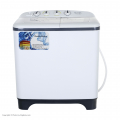
Washing machines are quintessential home appliances designed for the specific purpose of laundering clothes and linens. Unlike kitchen appliances that focus on food preparation and storage, washing machines find their place in laundry rooms or dedicated spaces within homes. These appliances serve a fundamental role in maintaining cleanliness and hygiene by efficiently cleaning various types of fabrics.
Typically equipped with a drum, washing machines use a combination of water, detergent, and mechanical movements to remove dirt and stains from clothing. Their significance lies in the convenience they bring to the laundry process, allowing users to automate and expedite the cleaning of garments.
The placement of washing machines outside the kitchen reflects their distinct function within the household. Laundry rooms or designated areas provide an organized space for these appliances, often equipped with storage for laundry supplies and additional amenities for folding and ironing.
Advancements in technology have led to the development of energy-efficient and smart washing machines. These modern appliances contribute to sustainability efforts by reducing water consumption and optimizing detergent usage. Smart features enable remote control and monitoring, enhancing user convenience.
In essence, washing machines, as home appliances, play a pivotal role in modern living by simplifying and enhancing the efficiency of laundry tasks, contributing to the overall maintenance of a clean and well-organized home.
In homes, washing machines play a crucial role in automating and streamlining the laundry process. They are essential for maintaining cleanliness, hygiene, and overall household organization. By efficiently cleaning clothes and linens, washing machines save time and effort for individuals and families, allowing them to focus on other aspects of daily life.
In the industrial context, washing machines also have significant roles, particularly in sectors such as hospitality, healthcare, and manufacturing. Industrial washing machines are designed to handle large quantities of laundry efficiently, catering to the demands of businesses with high-volume laundry needs. In hospitality, for instance, hotels rely on industrial washers to clean large volumes of sheets, towels, and linens consistently. Similarly, healthcare facilities use specialized washing machines to maintain stringent hygiene standards for items like hospital linens and uniforms.
Moreover, in manufacturing industries, washing machines are employed to clean and prepare various materials and components. This is particularly relevant in industries where cleanliness is critical for the production of goods, such as in the food processing or semiconductor manufacturing sectors.
Overall, whether in homes or industries, washing machines play a vital role in maintaining cleanliness, efficiency, and hygiene, contributing to the smooth functioning of daily activities and processes.
While washing machines are versatile appliances, certain items are not suitable for machine washing due to their delicate nature, potential damage, or specific care requirements. Examples of items that should generally not be washed in a washing machine include:
1. Delicate Fabrics: Fabrics like silk, wool, or lace may be too delicate for the agitation and spin cycles of a washing machine. Handwashing or dry cleaning is often recommended for these materials.
2. Structured Items: Items with intricate structures, such as bras with underwires or clothing with beading, sequins, or embellishments, may get damaged or cause damage to the machine. It's often safer to handwash or use specialized care methods for these items.
3. Leather or Suede: Leather and suede garments or accessories can be adversely affected by water and detergent. These items usually require specialized cleaning to maintain their appearance and texture.
4. Shoes: Most shoes, especially those with leather or delicate materials, should not be machine washed. The washing machine can damage the structure and adhesives, leading to deformation or separation of parts.
5. Electronics or Battery-operated Items: Clothing with built-in electronics or battery-operated components should not be machine washed. Always check and follow the care instructions for any wearable technology.
6. Large or Bulky Items: Oversized items like heavy blankets or large duvets may not be effectively cleaned in a standard washing machine. They can also strain the machine's motor and suspension system.
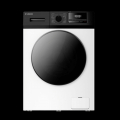

Always check the care labels on clothing and other items for specific washing instructions. When in doubt, err on the side of caution and choose a gentler cleaning method to preserve the integrity of your belongings.




FAQs
What is the most important part of a washing machine?
The drum.
What does a washing machine need?
Water, detergent, and electricity.
What is the most common type of washing machine?
Top-loading.
What is the most important thing about washing machines?
Efficiency in cleaning clothes.

